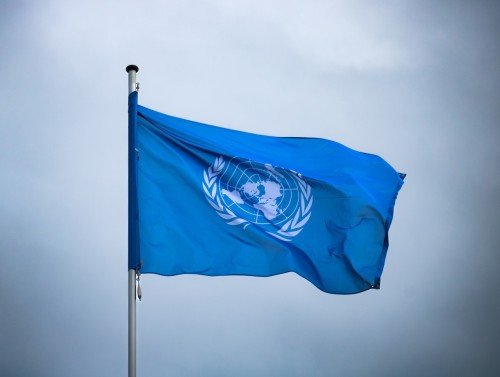How interpreters at the UN get the message across

Cuba’s Fidel Castro spoke for more than four hours. Indian politician VK Krishna Menon was on the podium for more than eight hours. When delegates at the United Nations are faced with a runaway speaker – going far beyond the usual 15 minutes or so – how do their live translators deal with the situation?
The man who was interpreting the General Assembly speech by Libya’s Colonel Muammar Gaddafi, this time last year, reportedly broke down towards the end of the 96-minute speech. “I just can’t take it any more,” said Fouad Zlitni, according to the New York Post.
Colonel Gaddafi had insisted on using his own translator rather than take advantage of an official simultaneous interpreter.
This week, leaders and representatives of the UN’s 192 member states are gathering in New York to discuss key global issues hoping that their messages – in all six official UN languages – will be faithfully delivered by a group of official interpreters.
The Gaddafi incident is just one example of how taxing the job of an interpreter can become during big and unfolding events.